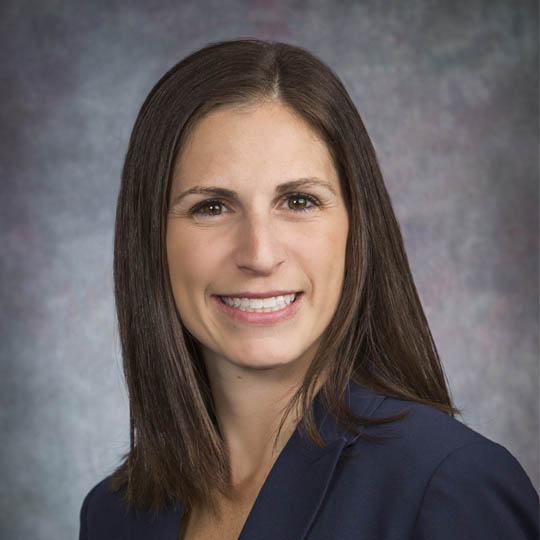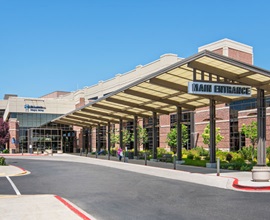-
Call Us
-
Baker City (541) 523-1521
-
Boise (208) 381-2222Nearest Location
-
Buhl (208) 814-1000
-
Caldwell (208) 381-2222
-
Eagle (208) 473-3000
-
Fruitland (208) 381-2222
-
Hailey/Ketchum (208) 727-8800
-
Jerome (208) 814-9500
-
McCall (208) 634-2221
-
Meridian (208) 706-5000
-
Mountain Home (208) 587-8401
-
Nampa (208) 381-2222
-
New Meadows (208) 634-2221
-
Ontario (208) 381-2222
-
Riggins (208) 634-2221
-
Sun Valley (208) 727-8800
-
Twin Falls (208) 814-1000
-
-
Health Services
-
Communities & Locations
Site Navigation
Supplemental
- About St. Luke’s
- Donate or Volunteer
- Blogs
- For Providers
- En Español
- Contact Us In Boise (208) 381-2222
Menu
-
Health Services
Health Services Menu
Medical Services
Specialties, Conditions, Procedures & Treatments
Search by keyword or browse our list of services.
Providers
Find a provider by specialty, location, or availability.
On-Demand Virtual Care
Available seven days a week from 8 a.m. to 8 p.m.
Research Studies & Clinical Trials
See current studies testing new drugs, devices, and equipment to find better ways to treat and help patients.
Health Information
Health Activities
Life Events
-
Communities & Locations
Communities & Locations Menu
Facilities
Emergency & Urgent Care
For life-threatening medical emergencies, call 911 without delay. For a mental health crisis, call or text 988 for free and confidential crisis support.
Clinics
Search by specialty and location.
Hospitals & Medical Centers
Receive the highest level of care from the region's leading providers.
Labs & Imaging Centers
Find a lab or imaging facility close to you.
Pharmacies
Search for a retail pharmacy in your area.
Infusion Centers
Find an outpatient infusion center.
Business Services
Visit us to pay bills, ask billing questions, or request billing records.
Nearest You
-
Resources For Patients & Visitors
Resources For Patients & Visitors Menu
After Your Visit
-
 MyChart
MyChart
-
Search
Search Menu
- St. Luke’s Magic Valley Recognized as Time Sensitive Emergency Center for Stroke Care
St. Luke’s Magic Valley Recognized as Time Sensitive Emergency Center for Stroke Care

In a rural state like Idaho, there is a diversity in the demographics of the regions and multiple different levels of emergency medical services, ranging from volunteer ambulance quick-response units all the way to full paramedic level services.
With a diverse pre-hospital level of care and a rural state, organizing care for a patient with a time-sensitive emergency can be challenging.
“The Idaho Time Sensitive Emergencies Council encourages hospitals like us to mobilize and look outside of our organization to partner with other services and facilities to optimize the care of the patients in our shared community with a time-sensitive emergency,” said Stephanie Shawver, manager of the primary stroke program and STEMI program at St. Luke's Magic Valley.
St. Luke’s Magic Valley became a designated time sensitive emergency (TSE) level two stroke center on Feb. 14, 2017. Time sensitive emergency level two stroke centers are also designated at St. Luke’s Boise and St. Luke’s Meridian.
In addition to stroke center designation, St. Luke’s Boise and St. Luke’s Meridian are designated level one TSE centers for STEMI. St. Luke’s Nampa and St. Luke’s Fruitland are designated level 2 TSE centers for STEMI. The designations are in place for three years.
“Adhering to the best practices required to achieve this designation allows our stroke program to give our patients with stroke the best shot at a successful outcome,” Shawver said. “When states organize themselves around the care of patients with time-sensitive emergencies, patient outcomes can be optimized.”
The Idaho Time Sensitive Emergency program, formally recognized by the Idaho Legislature in 2014, includes EMS providers, hospitals, health care providers, insurers and others working together to decrease the number of deaths and disabilities caused by conditions such as stroke, STEMI and trauma.
“Looking at other states in the nation with these organized systems of care for time-sensitive emergencies, you will see lower mortality rates and reduced disabilities in these patient populations,” Shawver said. “If we are able to get to a patient faster and ultimately provide treatment quicker, we are improving the chances that we can reduce that patient’s disability from their stroke and optimize their outcome.”About The Author

Michelle Bartlome is the public relations manager at St. Luke's Magic Valley.
Related Facility

Your Partner in Health.
People are at the heart of great health care. That's why we are committed to delivering compassionate, high-quality care tailored to the communities we serve.
Together with our community partners and patients, we're building a stronger, healthier future for all Idahoans.
